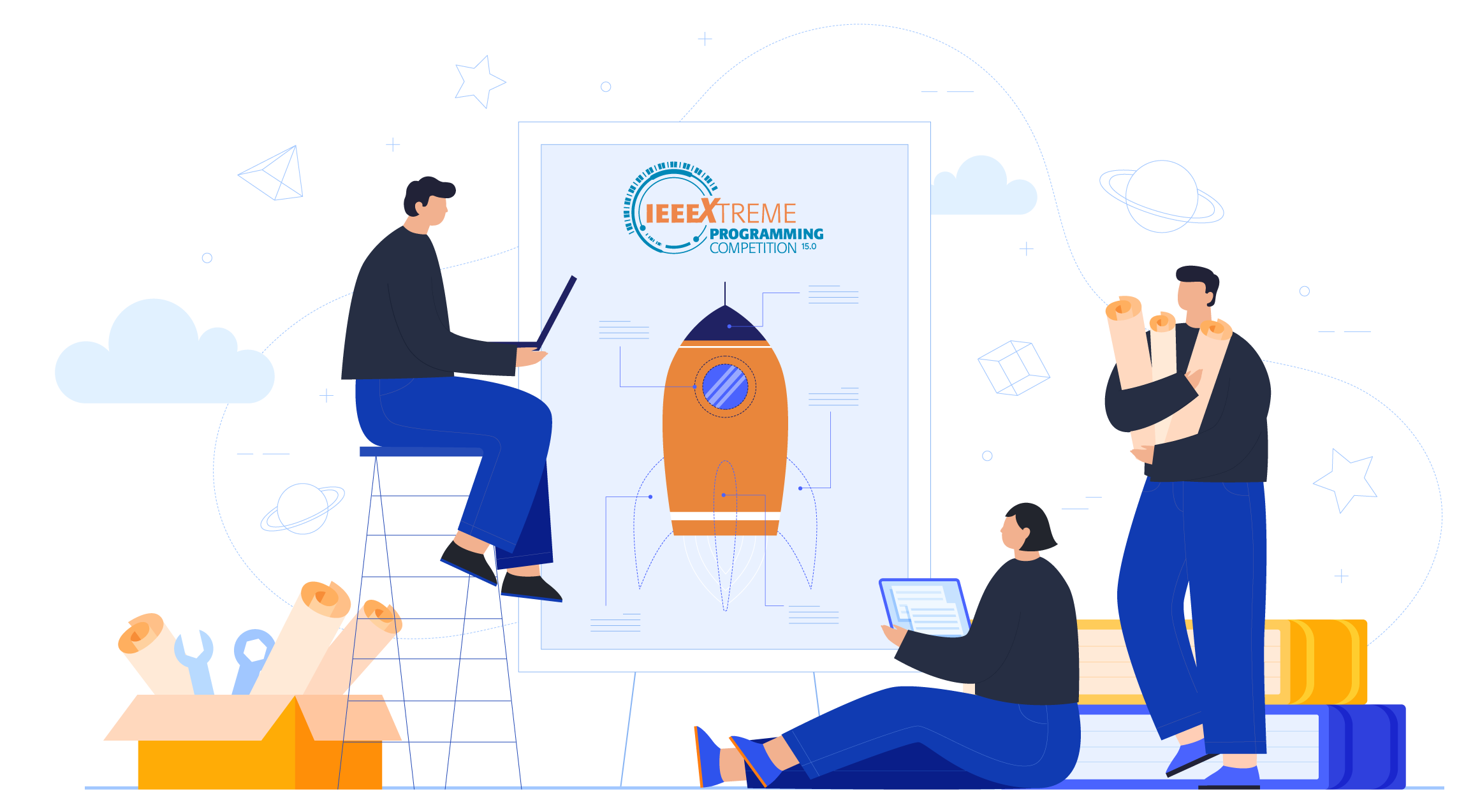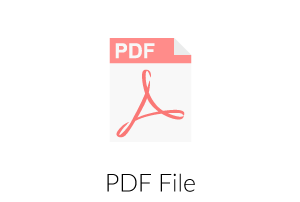
CALL FOR PROBLEMS
IEEEXtreme is an annual global programming competition that attracts more than four thousand teams worldwide. IEEEXtreme 16.0 will take place in October, 2022. The contest seeks original and inspirational ideas for programming challenges. If you are interested in contributing a problem to IEEEXtreme 16.0, please read below for how to proceed. This Call for Problems is open to anyone, except the competitors who will compete in IEEEXtreme 16.0. Please feel free to forward this to anyone who may be interested.
A candidate problem submission shall include the following:
A description of the problem’s task.
- The task needs to be unambiguously specified.
- The task must require a contestant’s program to read input and produce output.
- Please provide the input size, and the value ranges of all the input tokens.

A candidate problem submission shall include the following:
A description or sketch of the expected solution program.
- A solving program must not take an excessively long time, and should typically finish within 10 seconds on any valid input data.
- A solving program should not be over complicated. Remember that contestants must write solutions in a relatively short amount of time, which is typically no more than one hour, and at most 6 hours. A few hundred lines of code should be an upper limit of the size of a solving program.

The following will make the candidate problem significantly more solid and increase its chance of being used in the competition:
Please note that these are optional, and you do not need to submit fully developed problems.
We welcome all contributions from problem ideas to fully-tested problems at all levels of difficulty.
A typical IEEEXtreme problem has static input data and expected output data.
Additionally, IEEEXtreme 16.0 also in particular welcomes problems with the following novel features:
Problem with multiple subtasks
Subtasks have different difficulty levels to provide better contest experience for all contestants.
Interactive problems
The solving program will interact with a judge program to receive input and solve a task. The judge program’s response may depend on the contestant’s output, and vice versa.
Offline problems
The problem requires information, knowledge, or insight that is not directly obtained from the problem description. For example, to solve a riddle using resources available from the Internet.
Competitive problems
The problem sets up an environment for contestants’ programs to compete with each other.
Optimization problems
The problem does not have a fixed answer. Instead, the better answer receives a higher score.
If you submit a candidate problem to us, we will require you to adhere to strict confidentiality related to all communication between us about this problem. If the problem is not selected by IEEEXtreme 16.0, you will be able to reverse it for future IEEEXtreme contests, or submit it to a different contest.







